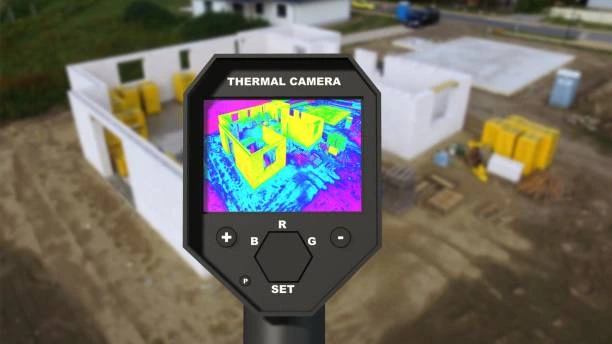Course Overview
The GIS for Natural Resource Management Course is designed to equip professionals with the skills and knowledge to effectively use Geographic Information Systems (GIS) in managing natural resources. Participants will learn how to apply GIS technologies in mapping, analyzing, and managing various natural resources such as forests, water, minerals, and wildlife. The course covers the fundamental concepts of GIS, advanced spatial analysis techniques, and practical applications in real-world natural resource management scenarios. By the end of the course, participants will be able to leverage GIS tools to support decision-making processes, optimize resource use, and contribute to sustainable management practices.
Course Duration
10 Days
Who Should Attend
- Environmental scientists and managers
- Natural resource management professionals
- Conservationists and ecologists
- GIS specialists and analysts
- Land use planners and managers
- Forestry and wildlife officers
- Water resource managers
- Students and researchers in environmental science and geography
- Government and non-governmental organization staff involved in natural resource management
Course Objectives
By the end of this course, participants will be able to:
- Understand the key concepts and principles of GIS in the context of natural resource management.
- Use GIS tools to collect, store, analyze, and visualize spatial data related to natural resources.
- Apply spatial analysis techniques to assess and manage natural resources effectively.
- Develop and manage GIS-based projects for monitoring and conserving natural resources.
- Integrate GIS with remote sensing data to enhance resource management strategies.
- Utilize GIS for land use planning and environmental impact assessments.
- Conduct spatial modeling and simulations for predicting changes in natural resources.
- Implement sustainable practices in natural resource management using GIS.
- Create informative maps and reports to support decision-making processes.
- Collaborate with stakeholders using GIS to enhance natural resource management outcomes.
Course Outline:
Module 1: Introduction to GIS and Natural Resource Management
- Overview of GIS technologies
- Role of GIS in managing natural resources
- Key concepts and terminologies
Module 2: Data Collection and Management in GIS
- Types of spatial data: vector and raster
- Data sources and acquisition techniques
- Data management and organization in GIS
Module 3: Spatial Analysis for Resource Management
- Principles of spatial analysis
- Buffering, overlay, and proximity analysis
- Analyzing resource distribution and accessibility
Module 4: Remote Sensing and GIS Integration
- Basics of remote sensing
- Integrating remote sensing data with GIS
- Applications of remote sensing in resource management
Module 5: Land Use and Land Cover Mapping
- Techniques for land use/land cover classification
- Change detection analysis
- Implications for resource management
Module 6: Water Resource Management using GIS
- Hydrological modeling and watershed analysis
- Water quality monitoring and assessment
- GIS applications in water resource planning
Module 7: Forest and Wildlife Management
- GIS applications in forest inventory and monitoring
- Habitat suitability analysis for wildlife
- Conservation planning using GIS
Module 8: Environmental Impact Assessment (EIA) with GIS
- Role of GIS in conducting EIAs
- Identifying and assessing environmental impacts
- Mitigation strategies and planning
Module 9: Sustainable Resource Management
- GIS-based decision support systems
- Strategies for sustainable land and resource use
- Case studies of successful GIS applications
Module 10: GIS Project Development and Management
- Planning and executing GIS projects
- Stakeholder engagement and collaboration
- Best practices for GIS project documentation and reporting
Customized Training
This training can be tailored to your institution needs and delivered at a location of your choice upon request.
Requirements
Participants need to be proficient in English.
Training Fee
The fee covers tuition, training materials, refreshments, lunch, and study visits. Participants are responsible for their own travel, visa, insurance, and personal expenses.
Certification
A certificate from Ideal Sense & Workplace Solutions is awarded upon successful completion.
Accommodation
Accommodation can be arranged upon request. Contact via email for reservations.
Payment
Payment should be made before the training starts, with proof of payment sent to outreach@idealsense.org.
For further inquiries, please contact us on details below:






